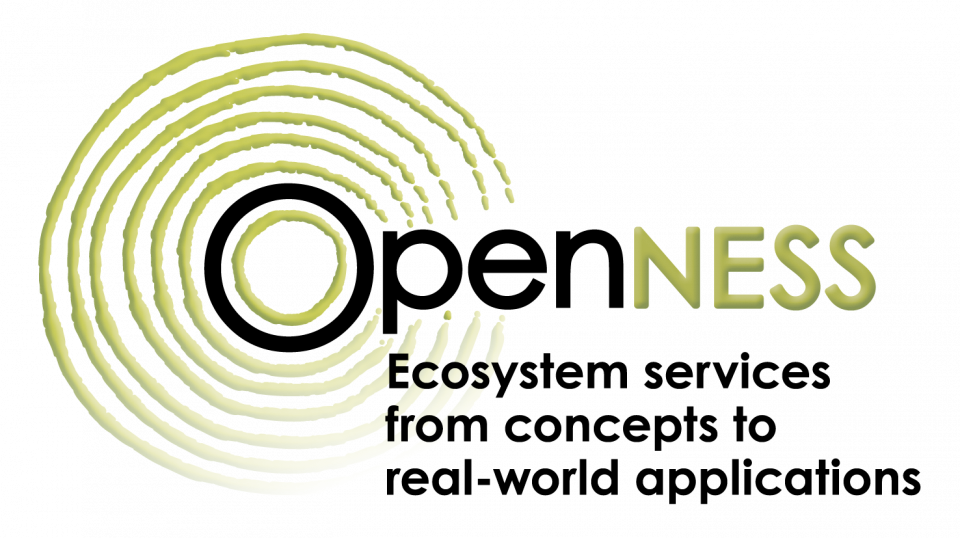
The overall objective of the OpenNESS project was to translate the concepts of ecosystem services and natural capital into operational frameworks that provide tested, practical and tailored solutions for informing sustainable land, water and urban management at different locales and scales. The OpenNESS approach was based on applying the concept of ecosystem services in 27 real-life case studies covering different social-ecological systems in 23 European and 4 non-European countries. The research approach was transdisciplinary, meaning that the researchers worked in close collaboration with practitioners and place-placed experts to test and implement solutions that are relevant and feasible on the ground. The case studies also served as ‘test-beds’ for biophysical, socio-cultural and monetary methods to assess and value ecosystem services. The experience from testing 43 methods in the OpenNESS case studies resulted in an integrative ecosystem service assessment framework, a set of decision trees to help structure and guide the process of selecting individual methods and several method fact sheets, all of which are available via Oppla. OpenNESS has also promoted a conceptual understanding about ecosystem services and natural capital by creating a Glossary with over 200 agreed terms and an Ecosystem Service Reference Book with a total of 27 Synthesis Papers published on the project website (www.openness-project.eu), also available via Oppla.
OpenNESS was funded by the European Union Seventh Framework Programme (FP7-ENV.2012.6.2-1) under grant agreement EC-308428.
